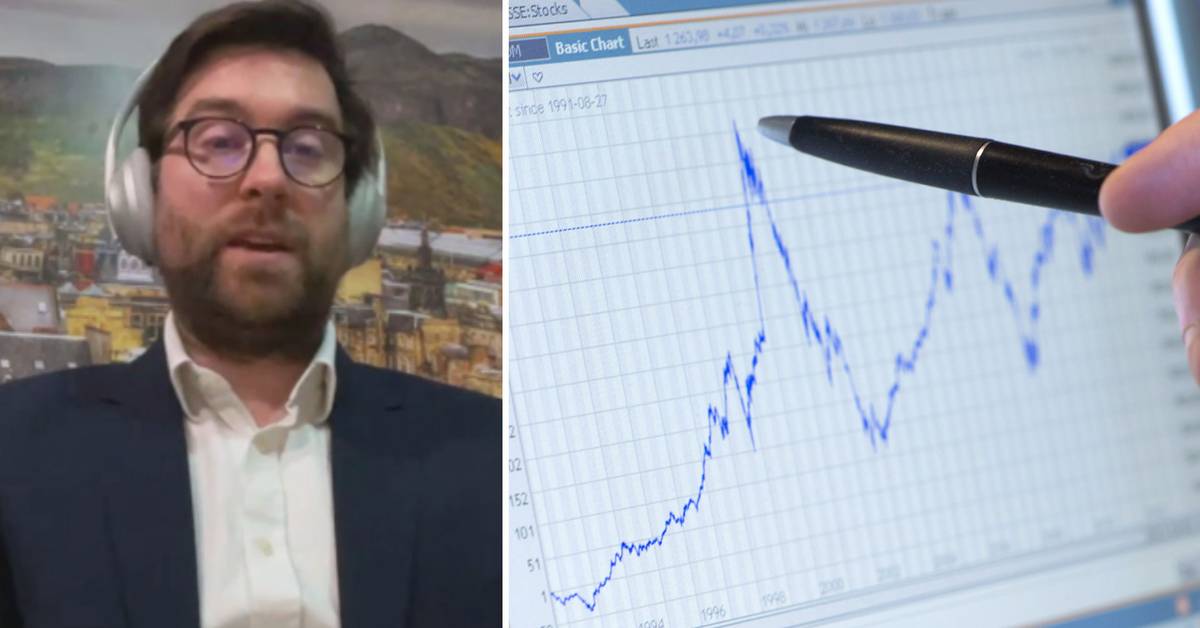Concerns about Swedish banks are making themselves visible in the data, according to Paul Diggle, deputy chief economist at British asset manager Abrdn.
"We see that Swedish bank stocks are some of the most shorted right now," he says.
The purpose of short selling is to be able to make money from a stock falling in value. Some investors thus believe that Swedish bank shares will fall in value.
"One reason, I think, is Sweden's high loan-to-value ratio and the large proportion of borrowers who borrow at variable interest rates. It creates a great sensitivity when interest rates rise," says Paul Diggle.
Headwinds if interest rates are raised
Another reason for investor speculation is the Riksbank's actions. If the authority continues to raise interest rates to bring down inflation, it will hit Swedish companies, banks and households further.
"It can add to the problem and the banks can end up in headwinds," says Paul Diggle.
Henrik Braconier, chief economist at the Swedish Financial Supervisory Authority, is not particularly worried about the Swedish banks but agrees that Sweden is sensitive to interest rate changes.
"We have tougher regulations than in the US and Switzerland, especially regarding interest rate risks. But as a whole, our banking system is resilient," he said.
Watch Ekonomibyrån's latest episode "The bank bubbles" on SVT Play.

